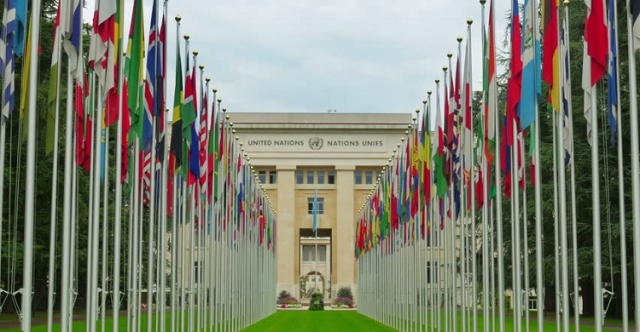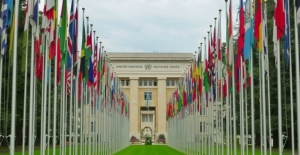The 49th Round of Geneva Discussions Challenges Intricate Issues
On 8-9 October, the 49th round of the Geneva Discussions took place, a format aimed at resolving, or at least easing, the tensions between Russia and Georgia. The parties attending the talks include representatives of the EU, OSCE, UN, USA, Russia, Georgia and the separatist regions of Abkhazia and South Ossetia.
“The focus was on tensions near the village of Tsnelisi in the Georgian-South Ossetian border region, provoked by Tbilisi’s decision to relocate a police post directly in the village at the end of August. This prompted Tskhinvali to take retaliatory measures, including by opening its own checkpoint and temporarily blocking the border with Georgia. We have informed the parties about our approach to regulate the situation. We called on the parties to show restraint as well as to take steps to de-escalate the situation by using a direct dialogue format within the framework of existing negotiation mechanisms. Such a position was supported by the participants of the Geneva talks,” the Russian Foreign Ministry states.
The statement further reads that the Russian, Abkhaz and Ossetian parties stressed the importance of continuing efforts of the partakers in the discussions to reach a deal on ‘non-use of force.’ The Russian MFA also mentioned Georgia’s aspirations of joining the NATO coalition.
“We focused on Georgia’s continued efforts to join NATO, continued militarization of the South Caucasus country, regular military exercises of the Alliance on this territory. Together with Abkhazia and South Ossetia, we assess this as a process undermining regional security.”
The Georgian side also issued a statement. As noted in a report released by the MFO, the delegates of the United States and Georgia suggested the participants from Moscow, Sukhumi and Tskhinvali open all the supposed crossing checkpoints and not obstruct the free movement of local residents.
“One of the main topics of discussion was ethnic discrimination and the ethnic persecution of residents of the Gali and Akhalgori regions. The issue of coercion to change the ethnic identity of Georgians living there as well as the grave consequences of the ban on receiving education in their native language was sharply raised,” the statement from the Georgian MFA reads.
All the participating parties agreed that the next round of Geneva negotiations will be held on December 10-11.
By Beka Alexishvili












